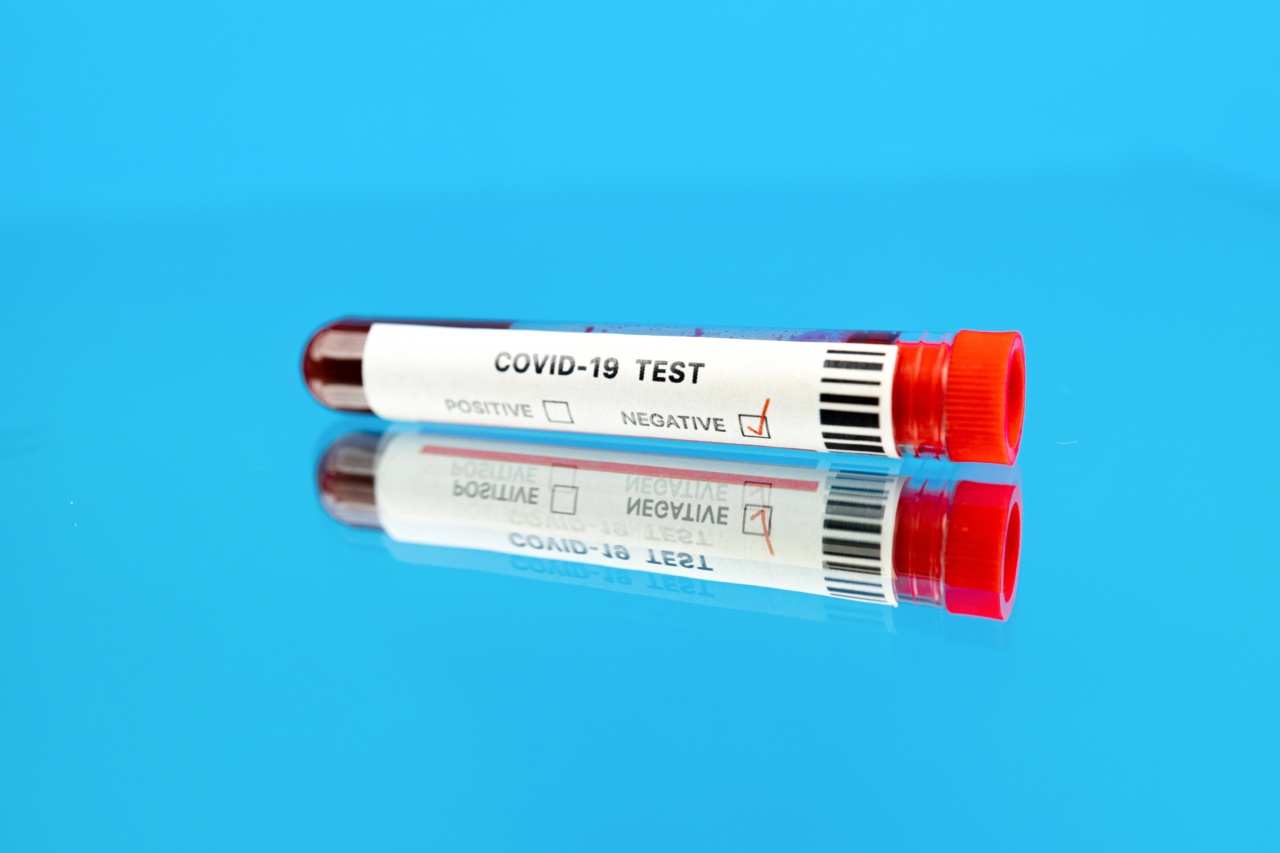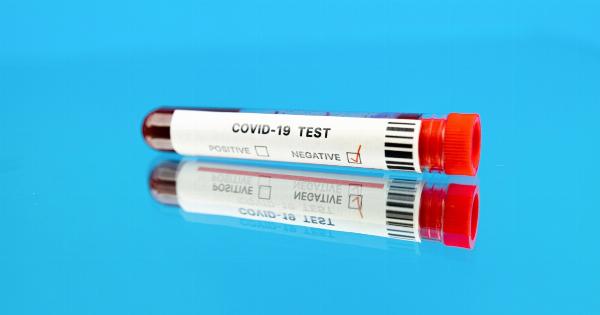A test result plays a crucial role in various aspects of life, including medical diagnosis, pregnancy tests, and COVID-19 testing. It provides valuable information that can help individuals make informed decisions regarding their health and well-being.
However, encountering a delayed or negative test result can evoke a range of emotions and raise questions about their significance. In this article, we will explore the significance of delayed and negative test results and discuss their implications in different contexts.
1. Understanding Delayed Test Results
Delayed test results refer to situations where the outcome takes longer than expected to become available. This delay can occur due to multiple factors, including laboratory processing time, technical issues, or specimen-related complications.
In medical practices, delayed test results can hinder timely diagnosis and treatment, potentially leading to prolonged uncertainty and anxiety among patients.
2. Implications for Medical Diagnosis
In medical diagnosis, a delayed test result can have significant consequences.
For instance, when awaiting the results of a biopsy or screening for a potentially life-threatening condition, such as cancer, the delay can amplify the stress and anxiety experienced by the patient and their family. Understanding the reasons behind the delay and establishing effective communication channels between healthcare professionals and patients are crucial in such situations.
3. Potential Reasons for Delayed Results
Delayed test results can occur due to various factors, including:.
Laboratory Backlog: In busy healthcare settings, laboratories may face a backlog of tests, resulting in delayed reporting.
Sample Integrity Issues: Specimens may be compromised during collection, transportation, or storage, requiring additional testing or recollection.
Technical Challenges: Laboratory equipment malfunction or technical difficulties can contribute to delayed test results.
Complex Analysis: Certain tests require more extensive analysis, such as genetic testing or specialized cultures and may take longer to complete.
Understanding these potential reasons can help manage expectations and mitigate the stress associated with delayed test results.
4. The Importance of Interpreting Negative Test Results Correctly
While a negative test result may be reassuring, it is crucial to interpret it correctly. Negativity does not always indicate the absence of a condition or infection.
It may be due to factors such as testing at an early stage before the detection threshold, improper sample collection, or faults in the testing process.
It is essential to rely on the expertise of healthcare professionals to interpret negative test results accurately.
They consider various factors such as the clinical context, symptoms, and the possibility of false negatives before making any conclusions.
5. Understanding Negative Pregnancy Test Results
Negative pregnancy test results can be especially disappointing for individuals trying to conceive. However, it is important to remember that a negative result does not necessarily mean infertility.
The timing of the test, accuracy of the test kit used, and the levels of pregnancy hormones can all impact the outcome. Consulting with healthcare professionals and understanding the sensitivity and specificity of the test being used can help individuals better comprehend negative results.
6. Interpreting Negative COVID-19 Test Results
In the context of the ongoing COVID-19 pandemic, negative test results can provide a sense of relief and safety. However, it is crucial to interpret these results accurately. A negative result does not guarantee that an individual is free from the virus.
It may indicate that the person is in the early stages of infection, has a low viral load, or experienced a false negative result.
Following public health guidelines and consulting with healthcare professionals is vital, irrespective of a negative test result.
Strict adherence to safety measures, such as wearing masks, practicing social distancing, and regular testing, is still necessary to prevent the spread of the virus.
7. Psychological Impact of Delayed and Negative Test Results
Encountering a delayed or negative test result can have a significant psychological impact. It can lead to increased anxiety, stress, and uncertainty. These emotional responses can affect an individual’s well-being and overall mental health.
Proper counseling, support, and communication from healthcare professionals are crucial in addressing the psychological implications associated with test results.
8. Importance of Communication and Support
Effective communication between healthcare professionals and individuals waiting for test results is critical. Healthcare providers should inform patients about potential delays, provide updates, and address any concerns or questions.
Offering support and explaining the interpretation of test results can help alleviate anxieties associated with delayed or negative outcomes.
9. Implications for Public Health and Testing Programs
In the context of larger-scale testing programs, such as those for COVID-19, delayed and negative test results have implications on public health. Delayed results can hinder contact tracing efforts, delaying timely isolation and containment measures.
Understanding the factors contributing to delays and implementing strategies to expedite the testing and reporting process is crucial in controlling the spread of infectious diseases.
10. Conclusion
Delayed and negative test results can have significant implications in various contexts, including medical diagnosis, pregnancy tests, and COVID-19 testing.
It is important to understand the reasons behind delayed results, interpret negative results correctly, and approach these outcomes with caution. Effective communication, support, and collaboration with healthcare professionals are essential in navigating the emotional and psychological impact of delayed and negative test results.
By understanding the significance of these outcomes, individuals can make informed decisions regarding their health and well-being.






















